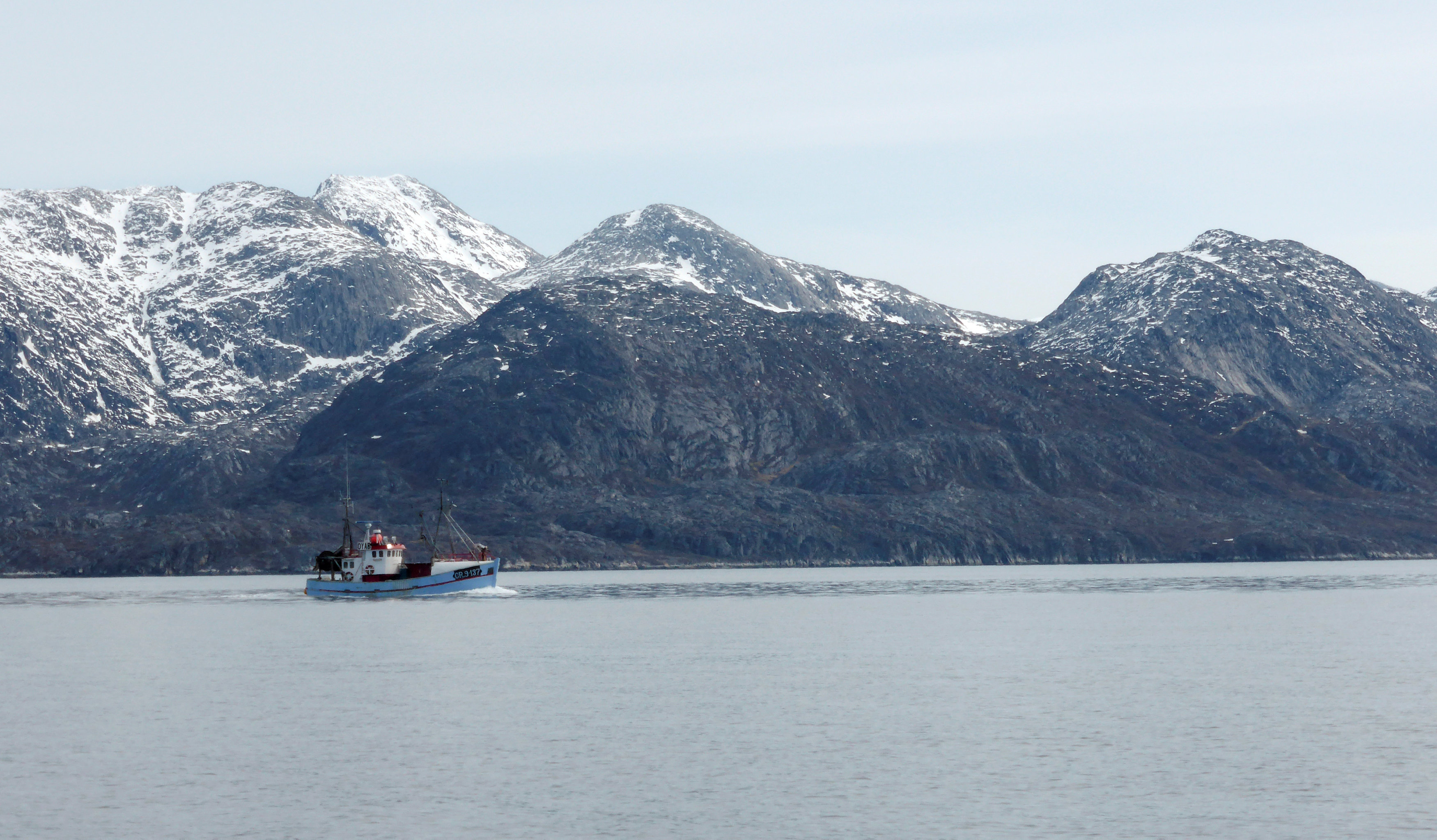Greenland moves to join North Atlantic mackerel fishing agreement
After six years of setting its own mackerel quota, Greenland has announced that it is prepared to begin taking part in regulated fishing for Europe’s most valuable species of fish.
Currently, Greenland stands outside the annual negotiations with the EU, the Faroe Islands, Iceland and Norway to set mackerel fishing quotas in the North Atlantic. Under the current system, Russia, as well as Greenland, are also reserved a portion of the total permitted catch, but they have no say in the amount available to them.

A part of the reason why Greenland has not taken part in the fisheries negotiations until now is because it has been gathering data about the migration of mackerel to Greenlandic waters. After first discovering in 2007 that warming ocean temperatures meant a growing population of mackerel off its eastern coast, Nuuk is now confident it has the evidence to prove the species is established there, and to support any claims it makes during negotiations.
This is despite the fact that amount of mackerel Greenland’s fishermen have been catching the past few years has been well off their quota. Fishermen say the shortcoming is not due to a lack of fish (something biologists agree with them on), or a lack of fishing capacity (something negotiating opponents will argue). Instead, they say there is too little time to catch the fish available to them: the water is warm enough to support mackerel for just three months, which is too little time to catch the 85,000 tonnes of mackerel available to them.
Part of the official explanation for why Greenland is taking part in the quota system has to do with the health of the species, according to Hans Enoksen, who took over as fisheries minister on October 27.
“It’s important that the countries that exploit the species take part in its management,” Enoksen said in a statement. “They only way we can fish sustainably is to reach an agreement that includes everyone.”
By asking to become a member of the Coastal States negotiating group (which apparently lets in non-states too), Greenland will have to make a number of concessions. First, it will give up the right to set its own quota, resulting very likely in smaller amount than it has set for itself in recent years.
Moreover it will no longer be able to charter foreign fishing vessels, something fishing firms have been forced to do in order ensure they have enough capacity for the short season, and to avoid making long-term investments while the future of mackerel fishery was still uncertain.
In exchange for being able to join the club, Greenland will also have to accept that the countries receiving a share of the quota will be able to fish in Greenlandic waters. Greenland, on the other hand, will also be able to claim the same right, meaning that instead of its short local season, it will now have at least six months to do so in the area covered by the agreement.
While Greenland had been receiving some pressure to open up its waters to mackerel fishing by other countries, it remains uncertain when this will happen. During the most recent Coastal States meeting, on Oct. 19, in Clonakilty, Ireland, the EU, the Faroe Islands and Norway agreed amongst themselves to stick to their normal procedure of dividing 85 percent of the total agreed amount to be fished in 2017 (about 1 million tonnes), while leaving the remaining 15 percent to be split between Iceland, Greenland and Russia.
Greenland turned down the offer. Negotiators from Nuuk now hope that with an outlook to a higher overall quota in 2018, as well as a longer time to work out a deal, that they will be able negotiate what they feel is their fair share.